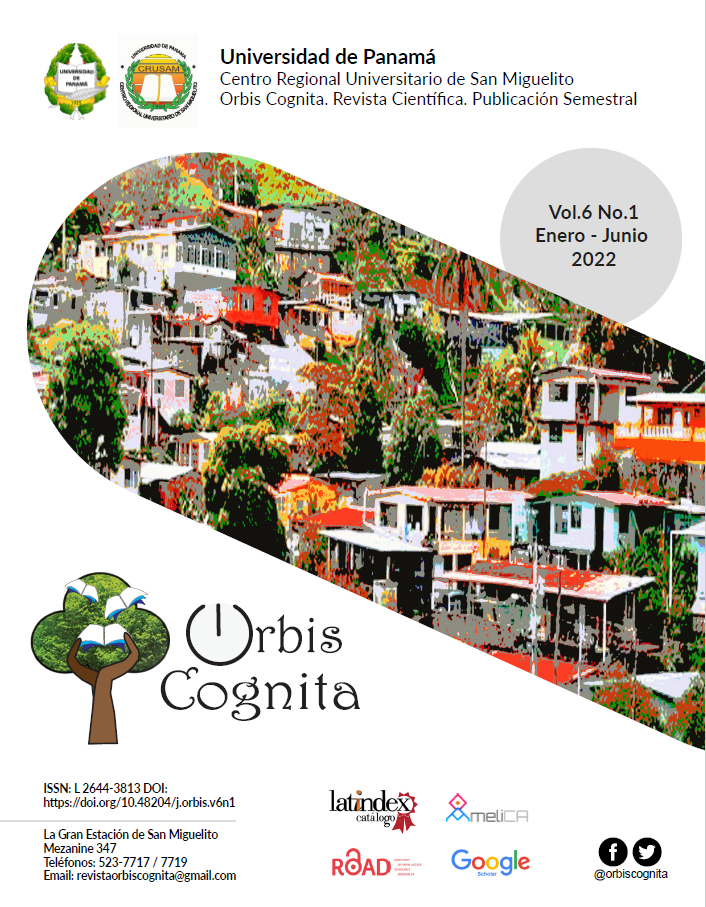

The growing technological changes that have occurred in the world have disrupted the way we live and the operations of the financial sector, facilitating the processes of banks that seek to be more efficient and productive which is good and represents a boost to the economic growth of countries and the world. Currently, due to the lack of capacity and creativity of traditional banking in our country, the problematic situation that frames this article arises, and the approach of certain benefits, which does not reach many social sectors. This is how fintechs emerge, which offer a new perspective as a tool that helps promoting inclusion in financial ecosystems of emerging countries such as Panama, as they get an excellent alternative for economic development, since its approach is based on the ability to conceive the customer beyond what traditional institutions do, reach more people develop services, among others. The purpose of this article is to introduce briefly to the reader to: What are fintech-based business models? How do they work? Their classification, characteristics and environment. In addition, what are their benefits and the social and economic impact they cause on our financial ecosystem? So that, in the development of this article, the main factor that counteracts and impacts the advance of fintech in the Panamanian financial ecosystem is the so-called financial inclusion. Others, such as the lack of knowledge and unemployment, highlight the wrong way of banking processes in our country.